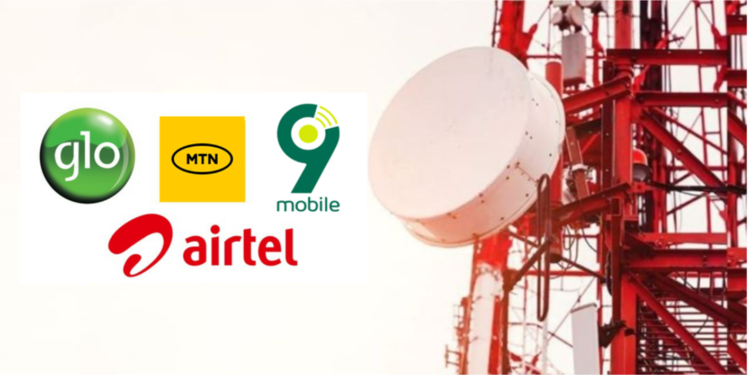After 11 years of negotiations, the Nigerian Communications Commission (NCC) has approved a 50% increase in telecom tariffs, impacting calls, SMS, and internet bundles. While this adjustment addresses some financial strains, industry players believe it falls short of the 100% hike they had long advocated for.
The new policy allows operators to adjust prices within the ₦6.40 to ₦50 range outlined in the NCC’s 2013 Cost Study. MTN executives confirmed the increase would take effect within a week, with existing subscribers unaffected until they purchase new plans.
“This adjustment will help operators invest in infrastructure, expand coverage, and improve service quality,” said Tony Izuagbe Emoekpere, President of the Association of Telecommunications Operators of Nigeria (ATCON). However, he acknowledged it does not fully resolve the sector’s financial challenges.
Gbenga Adebayo, President of the Association of Licensed Telecommunications Operators of Nigeria (ALTON), echoed this sentiment. “We are grateful for the progress made, but tariffs alone won’t solve the problem. Protecting infrastructure and reducing multiple taxation are critical next steps,” he said.
Telecom operators face immense pressures from Nigeria’s economic instability. Operational costs have surged by 120%, driven by currency devaluations, inflation above 33%, and the removal of fuel subsidies. At the time of telecom liberalization in 2001, the naira traded at ₦104 to the dollar. Today, it fluctuates between ₦1,500 and ₦1,700, eroding profitability.
“What we’ve seen is compounded inflation and devaluation, making production costs significantly higher,” said a telecom CEO, who requested anonymity according to TechCabal.
Many industry leaders argue that fully deregulating the telecom market is the long-term solution. Current regulations, governed by the Nigerian Communications Act of 2003, set price floors and ceilings that limit operators’ ability to respond to market conditions.
“The ideal solution is deregulation,” said a senior telecom executive. “Let tariffs be dictated by market forces, giving operators the flexibility to adjust prices in real-time.”
An alternative proposal suggests fixed timelines for tariff approvals. If the NCC fails to act within 90 days of a proposal, the changes would be automatically approved, creating a more dynamic regulatory framework.
Despite the challenges, NCC Executive Vice Chairman Aminu Maida has given operators a three-month window to stabilize and reinvest in infrastructure. “This tariff adjustment will help us maintain critical investments required to deliver high-quality services to Nigerians,” said Karl Toriola, MTN Nigeria CEO.






















































